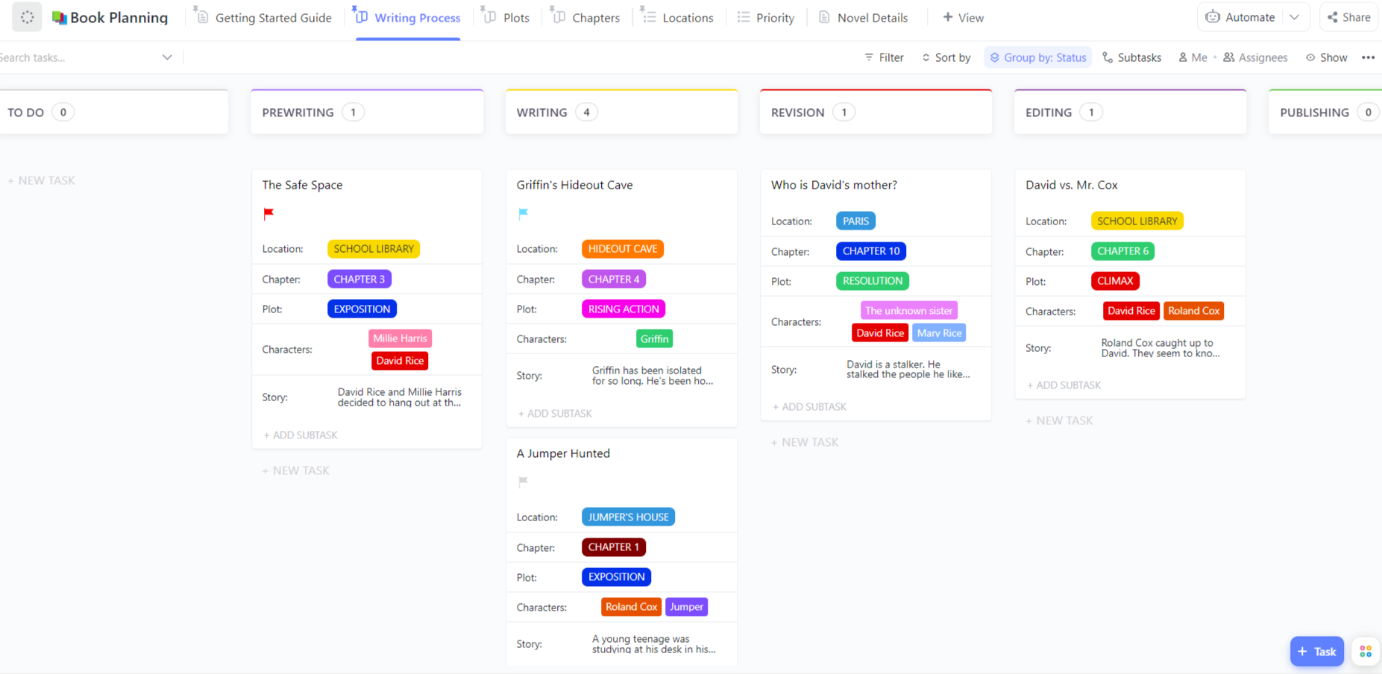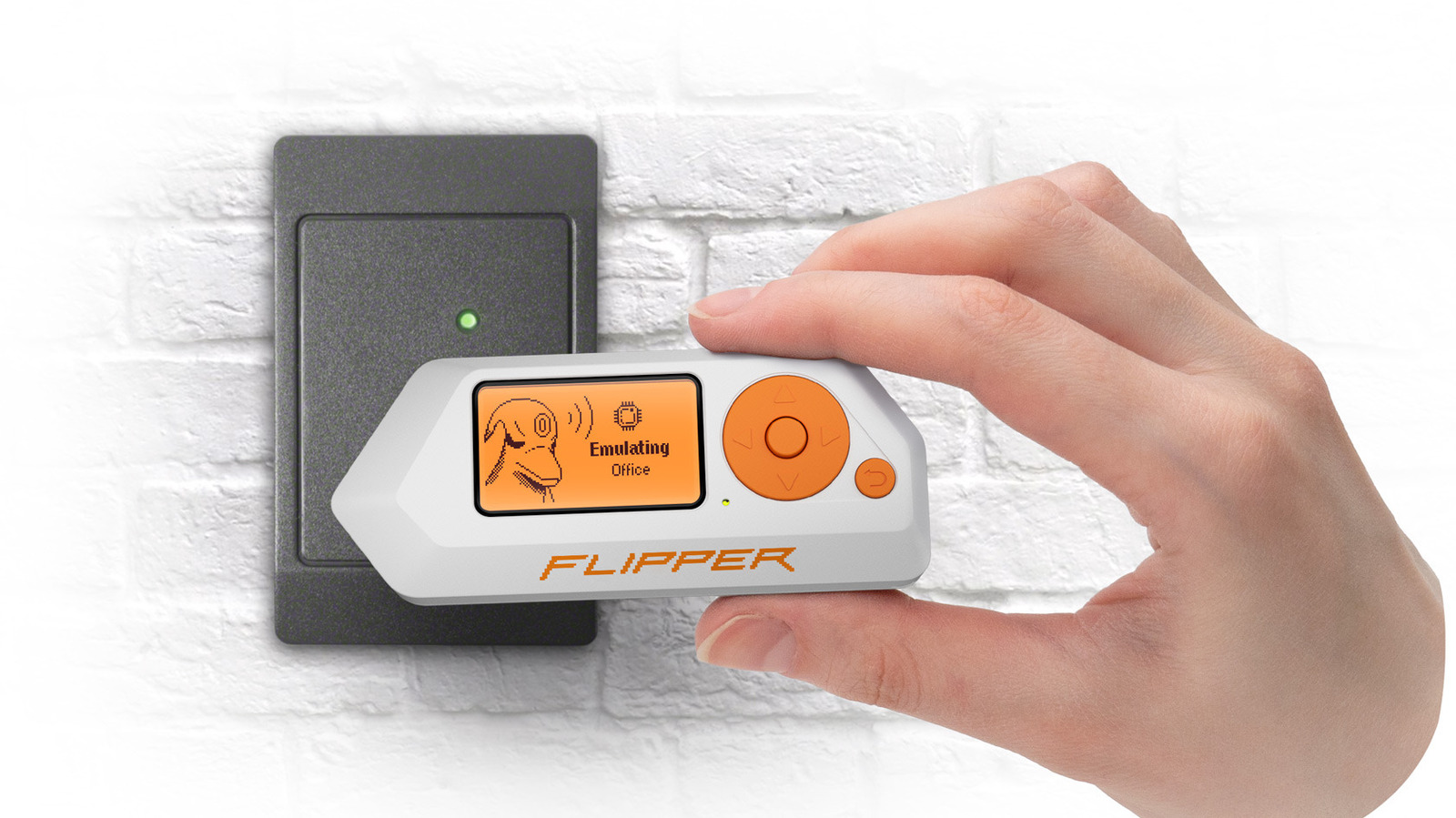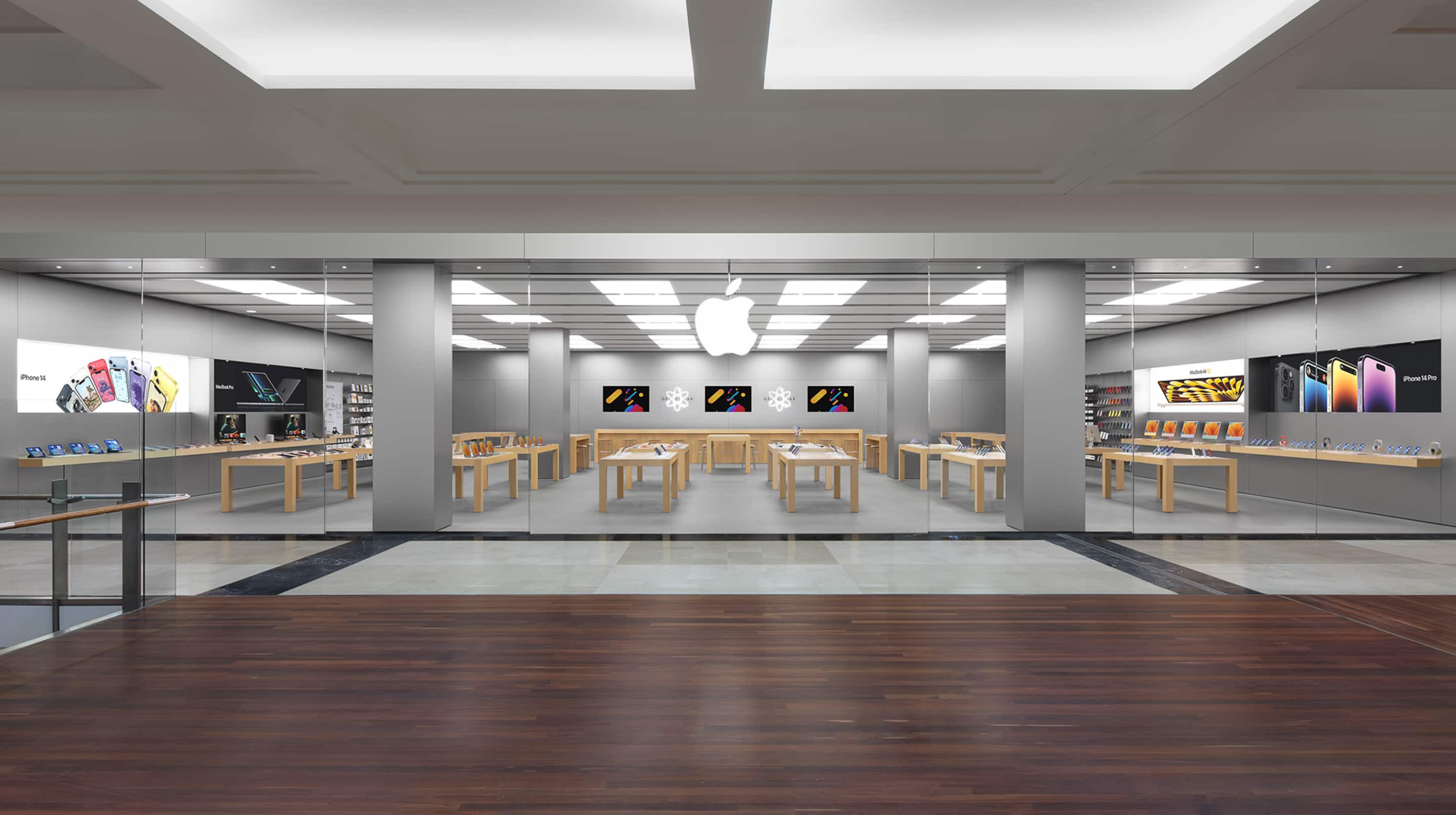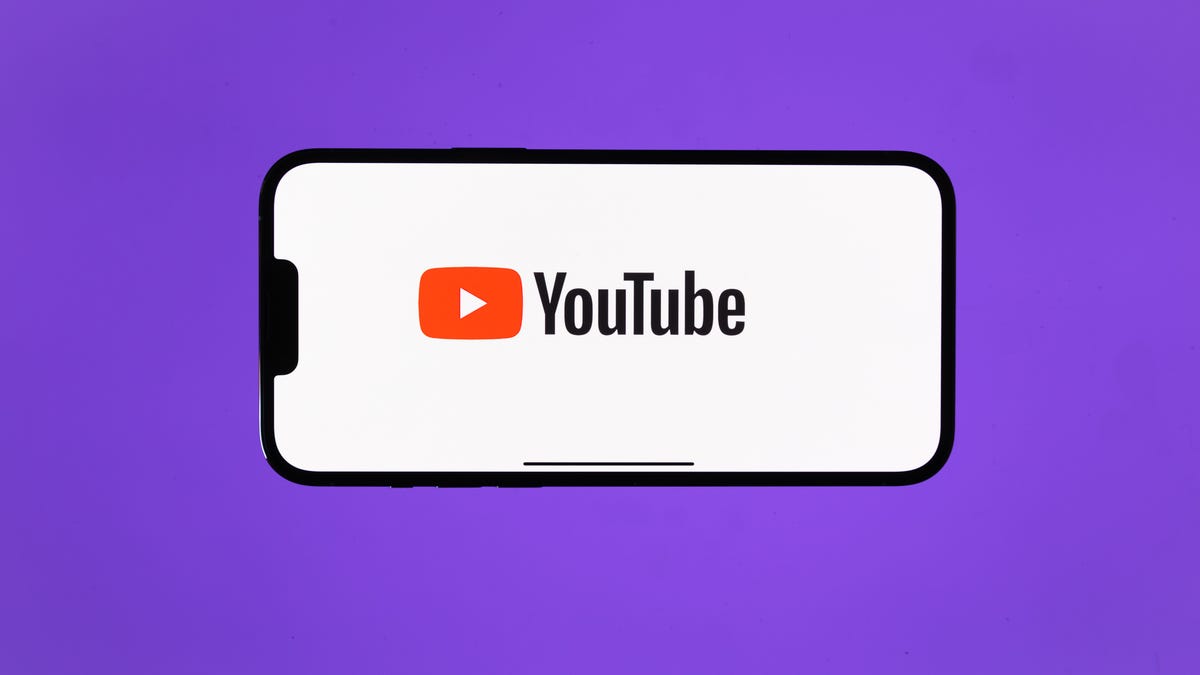Whether you are trying to escape from political disinformation or simply avoid AI-assisted cyberscams, AI images are becoming increasingly hard to avoid in the world of search.
Now, the privacy-focused Google Chrome alternative DuckDuckGo has rolled out a new feature that lets you hide AI-generated images from your search results. The browser admits the new feature isn’t perfect, acknowledging that it “won’t catch 100% of AI-generated results,” but it promises to “greatly reduce the number of AI-generated images you see.”
This Tweet is currently unavailable. It might be loading or has been removed.
The new feature uses manually curated open-source blocklists, including what it calls a “nuclear” list, provided by the open-source content-blocking browser extension uBlock Origin and the search blocker uBlacklist.
Giving the feature a whirl is relatively simple. First, make a search via DuckDuckGo and head to the Images tab. You’ll then see a new drop-down option allowing you to show or hide AI images. Alternatively, for a more consistently AI-free browsing experience, you can bookmark http://noai.duckduckgo.com, where the image filter is auto-enabled and AI-assisted summaries are switched off. This also hides DuckDuckGo’s own AI chat feature.
Even if they’re not intentionally malicious or manipulative, AI images have become a valid cause of complaint for search engine users. News, which covered the new feature, noted that numerous users on X, Reddit, and blogging platforms like Medium have complained that for certain search terms, such as “baby peacock,” AI images often outnumbered or equalled pictures of the real animals in search results, which could easily lead to confusion about what a real baby peacock even looks like.
Recommended by Our Editors
DuckDuckGo isn’t the only firm rolling out new tools to keep unwanted AI content out of your browsing session.
In 2024, Hiya rolled out a Chrome extension to help you detect deepfaked audio online, including on YouTube, X/Twitter, and Facebook—though again, it’s not always going to be 100% accurate. Meanwhile, search engines like Microsoft’s Bing have partnered with non-profit organizations such as Stop Non-Consensual Intimate Image Abuse (StopNCII) to remove explicit deepfakes from its search results.

Get Our Best Stories!
Your Daily Dose of Our Top Tech News

By clicking Sign Me Up, you confirm you are 16+ and agree to our Terms of Use and Privacy Policy.
Thanks for signing up!
Your subscription has been confirmed. Keep an eye on your inbox!
About Will McCurdy
Contributor











